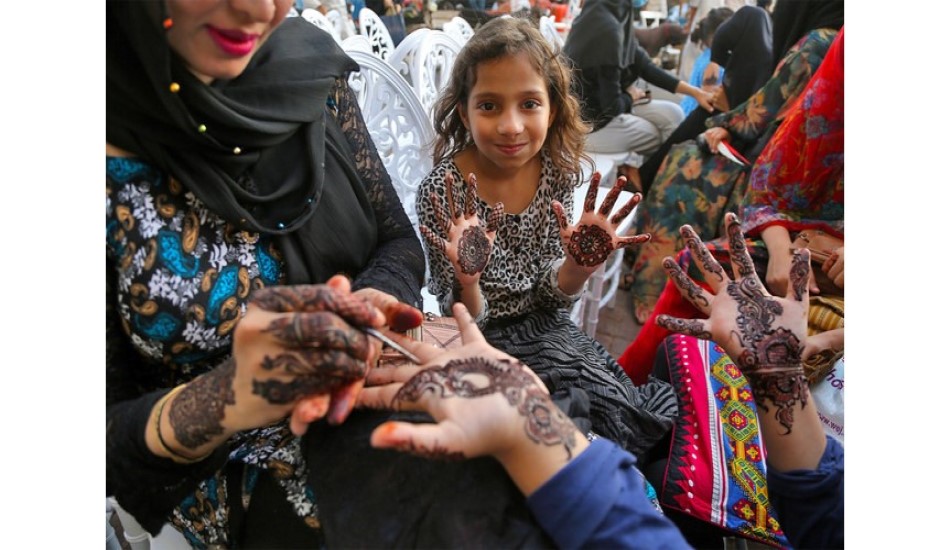Introduction
When discussing Afghan immigrants in Pakistan, it’s crucial to approach the topic with sensitivity and a deep understanding of the complex dynamics at play. Although Afghanistan has indeed faced ongoing conflict and instability, resulting in many Afghans fleeing to neighbouring countries like Pakistan, it’s essential to consider the broader context and the challenges faced by Afghan refugees and Pakistan itself.
From the invasion of Afghanistan by the Soviet Union in 1979 until the retaking of power by the Taliban in 2021, Pakistan has been hit by successive waves of Afghan refugees fleeing their country and seeking asylum in Pakistan. Throughout its history, Pakistan has been home to millions of Afghan refugees who, for the most part, were never granted citizenship there.
United Nations High Commissioner for Refugees (UNHCR)
According to the United Nations High Commissioner for Refugees (UNHCR), Pakistan is one of the largest hosting countries in the world. It is home to roughly 1.33 million legally registered refugees carrying PoR cards and asylum seekers. The vast majority of these refugees are from Afghanistan. In addition, there are approximately 840,000 Afghans who have ACCs, and another 775,000 Afghans live within Pakistan’s borders without proper documentation.
If we look at the distribution of Afghan refugees across Pakistan, we can see that the province of Khyber Pakhtunkhwa is home to most of them. This area houses 52% of the overall Afghan refugee population. Balochistan is in second with 24.1 per cent, and Punjab has 14.3 percent of the population. The percentage is 5.4 percent in Sindh, where Karachi is home to the most displaced people in the province. 3.1% of Afghan refugees currently call Islamabad their home.
Possessing a Passport of Residence and Alien Registration Certificate (ACCs) only offers a temporary rationale for remaining in Pakistan. These documents do not grant refugees access to important services such as education, healthcare, the opportunity to open bank accounts, or any other facilities.
Despite Pakistan’s efforts to reduce the number of new refugees entering the country through the implementation of border restrictions and the construction of a fence that is 1,600 miles long and runs along the Afghan border, which is primarily intended to regulate cross-border movement in anticipation of the potential fall of Kabul, approximately 600,000 Afghan refugees have entered Pakistan since August 2021, according to an official from Safron.
Undocumented Afghans
Undocumented Afghans face the risk of arrest, incarceration, and deportation, unlike registered refugees with some degree of protection, primarily from being sent back to their country of origin.
Qaiser Afridi, a spokesperson for the United Nations High Commissioner for Refugees (UNHCR), stated that the problem of arrests and detention has been brought up with both the federal and Sindh governments. According to an interview that Afridi gave to Dawn.com, “the government and people of Pakistan have a commendable, decades-long history of providing asylum and protection to displaced Afghans.” “We strongly urge the authorities to release the people who have been arrested.”
According to Afridi, the UNHCR has issued non-return recommendations for Afghanistan in August 2021, February 2022, and February 2023. These advisories call for a prohibition on the forcible returns of Afghan nationals, regardless of their status. This includes asylum applicants who have had their applications denied.
International Protections
“Those who are seeking international protection must not be returned to their country of origin,” he said, “where their lives or freedom would be in danger on account of their race, religion, nationality, membership in a particular social group, or political opinion, or from generalized violence.” “Those who are seeking international protection must not be returned to their country of origin,” he added.
After the fall of Kabul in August 2021, a significant section of the Afghan refugee community that now resides in Islamabad comprises people who entered Pakistan after obtaining visas and eventually made their way to the city. Former government and military members, journalists, artists, and advocates for women’s rights are among those who are waiting for the results of their asylum petitions through various diplomatic missions in the West. They find themselves anxious since they do not know how their cases will be resolved.
Afghan women’s rights
One Afghan women’s rights activist in Islamabad, who asked not to be identified, described the collective anxiety of this group as follows: “We are deeply apprehensive about our vulnerable situation and live in constant fear since our visas have expired, and the Pakistani government is not extending them.”
She expressed her concerns about being deported to Afghanistan without her will, where she would run the risk of being imprisoned or subjected to even more harsh punishments at the hands of the Taliban administration due to the prominent position she plays in the resistance effort against them.

